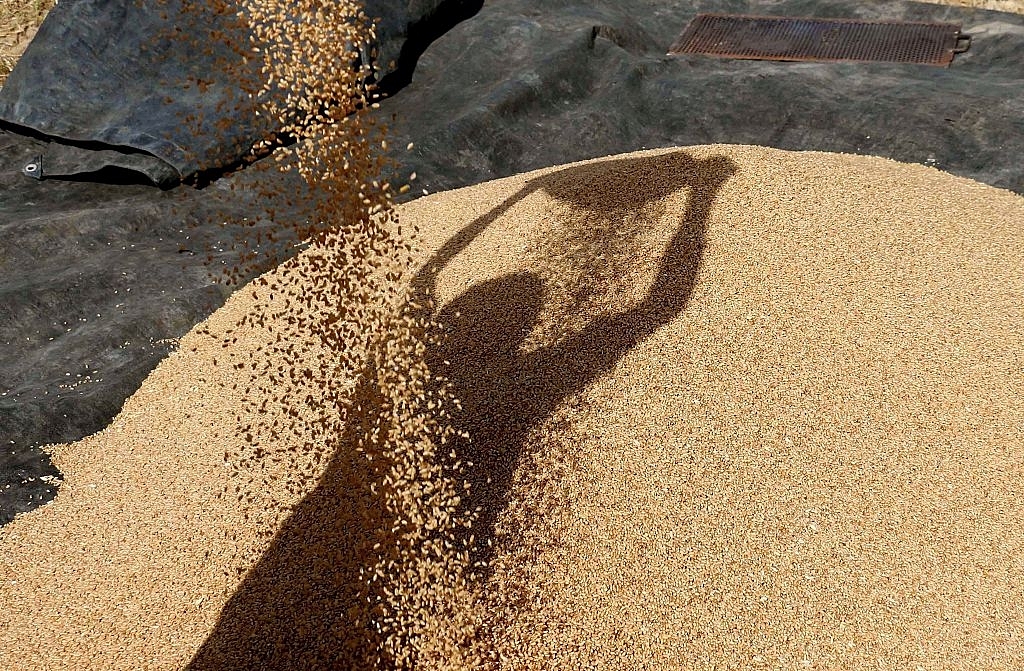Insta
Food Security Act Now Covers Entire Country But Systemic Issues Remain

A wheat crop (/AFP/Getty Images)
The Centre on Thursday said that the entire country has now come under the National Food Security Act (NFSA) sway as Kerala and Tamil Nadu too have come on board, as per this IANS report.
"The Centre will now focus on further reforms in the Public Distribution System, which will include end-to-end computerisation, for which states and union territories are being assisted," Union Food Minister Ram Vilas Paswan told reporters here.
Kerala and Tamil Nadu, which had stayed away from the NFSA so far, will implement it from November 2016.
"The legal entitlement to receive highly subsidised food grain under the act now extends to about 80 crore persons against a total intended coverage of 81.34 crore persons under the act," Paswan said.
Under the NFSA, passed by parliament in 2013, the government provides five kg of food grain per person per month at a highly subsidised rate of Rs 1-3 per kg.
Even as the entire country comes under the NFSA, some systemic issues with the policy remain.
Firstly, there is the problem of de facto nationalisation of the grain trade brought about the Food Security Act. As this Swarajya piece says, in order to support the ambitious coverage of the Act the government has to acquire a large amount of rice and wheat through the Food Corporation of India, as well as other state procurement agencies. This translates into a state take-over of the grain trade.
Secondly, there is the problem of farmers overproducing rice and wheat given that the government buys all the rice and wheat that is brought to it. The sale and purchase of rice and wheat are based on the minimum support price mechanism also. In the end, all of this discourages farmers from growing non-MSP supported crops. This in turn contributes to food price inflation which, in turn, hurts poor households.
This post borrows from this Swarajya article.
Introducing ElectionsHQ + 50 Ground Reports Project
The 2024 elections might seem easy to guess, but there are some important questions that shouldn't be missed.
Do freebies still sway voters? Do people prioritise infrastructure when voting? How will Punjab vote?
The answers to these questions provide great insights into where we, as a country, are headed in the years to come.
Swarajya is starting a project with an aim to do 50 solid ground stories and a smart commentary service on WhatsApp, a one-of-a-kind. We'd love your support during this election season.
Click below to contribute.
Latest